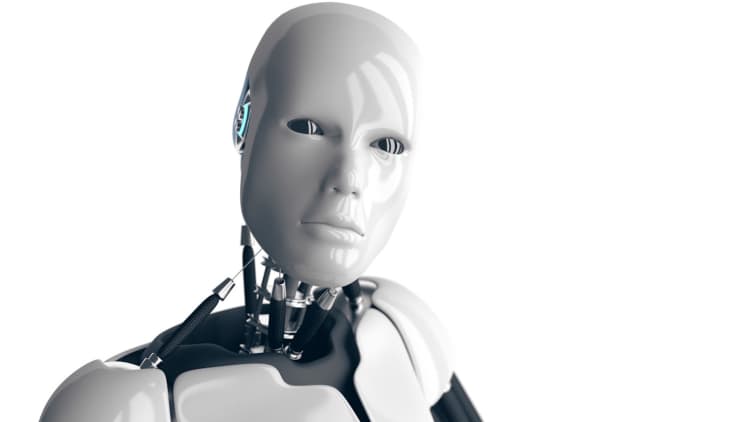Unlike Mark Zuckerberg and various other tech and business moguls, former Vice President Joe Biden rejects the idea of giving Americans free cash handouts, an idea also known as universal basic income.
"There is a better way forward," he argues in a blog post on the University of Delaware's website.
UBI would guarantee citizens regular payments from the government, regardless of employment status, wealth or age. That could help make up for the loss of jobs to robots, for example, since a study from Oxford University researchers predicts that 47 percent of U.S. jobs could be replaced by automated technology in the next 10 to 20 years.
That's also why Elon Musk, founder and chief executive officer of SolarCity, SpaceX and Tesla, believes that cash handouts may be inevitable. , Musk said: "There is a pretty good chance we end up with a universal basic income, or something like that, due to automation. I am not sure what else one would do. I think that is what would happen."
Other proponents of UBI approach it as a way to bolster citizens and help them take more chances. In a , Zuckerberg said societies should measure progress "not by economic metrics ... but by how many of us have a role we find meaningful. We should explore ideas like universal basic income to make sure everyone has a cushion to try new ideas."
Zuckerberg visited Alaska during his "Year of Travel Challenge," where residents already enjoy a program similar to UBI. They receive yearly cash handouts from the Permanent Fund Dividend, which was intended to share oil riches with residents as the Alaska pipeline construction approached completion.
: 2,000 randomly selected, unemployed residents are receiving monthly cash payments of 560 euros, or $582, for two years.
Billionaire , and have shown interest in UBI as well, arguing that distributing money could boost the economy.
Indeed, a recent $1,000 monthly cash handouts could grow the economy by $2.5 trillion by 2025, nearly half of Americans support the idea of giving monthly payments of $500 to $2,000 to those whose jobs are lost to tech.
Still, Biden, , is not sold on the idea.
"I believe we can — we must — build a future that puts work first," he writes in the blog. "While I appreciate concerns from Silicon Valley executives about what their innovations may do to American incomes, I believe they're selling American workers short.
"The future will not change the enduring American values that got us here. Our children and grandchildren deserve the promise we've had: The skills to get ahead, the chance to earn a paycheck and a steady job that rewards hard work."
Others leaders echo that idea. might be un-American or unconstitutional. And
I believe we can — we must — build a future that puts work first.Joe Biden
Biden, according to his blog post, thinks that America should instead work to preserve jobs. The Biden Institute at the University of Delaware is launching an effort to enhance economic growth strategies and developing methods for workers to co-exist with new technologies.
"In today's economy, given the pace of technological change," Biden writes, "there is a need for workers to retool or retrain to keep up with the jobs they already have. So, don't tell me what our people can't do.
"Let's instead figure out how we're going to train them for the jobs of the future — and retrain them," he writes. "All of us together can make choices to shape a better future. Our workers, our businesses, our communities and our nation deserves nothing less."
Like this story? Like CNBC Make It on Facebook
Don't miss:

